Understanding the Psychology of Why Donors Give to Nonprofits
Nonprofit Tech for Good
AUGUST 14, 2022
Why is the Psychology of Giving Important? Across the nonprofit sector, organizations usually utilize the psychology of giving in one of two ways: In one case, the Executive Director, Development Director, or Board Member who’s responsible for creating fundraising appeals assumes all donors have the same motivations for giving that they do.

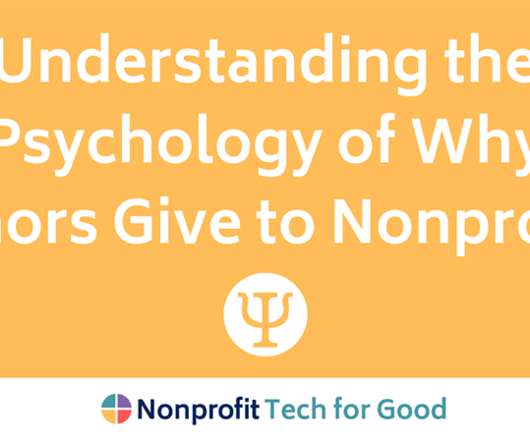
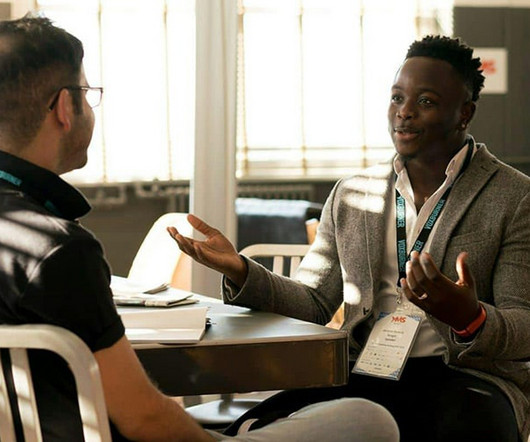


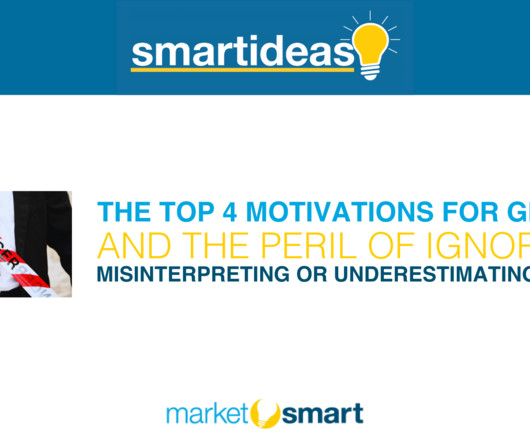
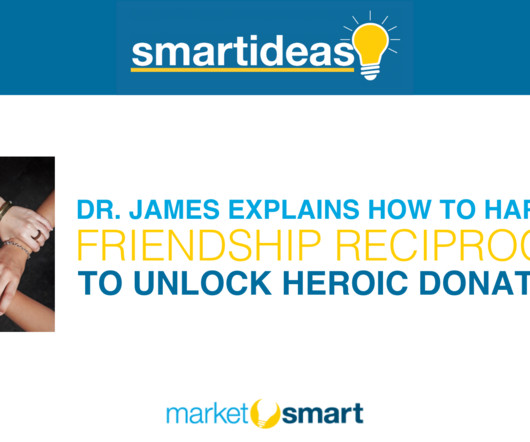
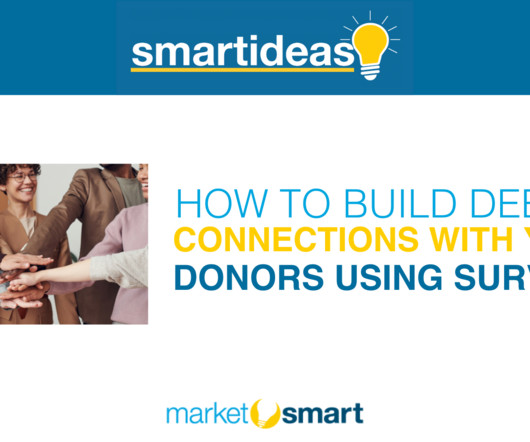







Let's personalize your content